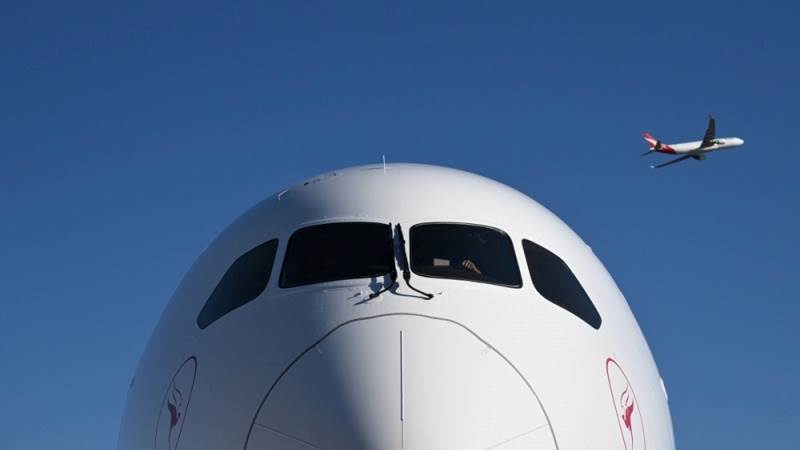The recent incident with an Alaska Airlines Boeing 737 Max 9 is not a standalone event in the airliner's history. Instead, it represents another episode in a series of issues that have compromised Boeing's market position.
On Friday, January 5, an Alaska Airlines aircraft suffered a partial fuselage blowout, forcing an emergency landing. The plane, with 171 passengers and six crew members on board, landed with a hole in the aircraft but no casualties. In response, US federal authorities ordered the immediate grounding of some Boeing 737 Max 9s for a thorough inspection.
The Boeing 737 Max, available in four variants (Max 7 to Max 10), is Boeing's most popular model, comprising a fifth of all the company's orders since 1955. According to aviation data provider Cirium, 215 Boeing Max 9s were in service globally by the time of the accident. The largest operators of the Max 9 were United Airlines, with 79 aircraft, and Alaska Airlines, with 65, accounting for approximately 70% of these aircraft in service. Other carriers using the Max 9 include Copa Airlines, Aeromexico, Turkish Airlines, FlyDubai, and Iceland Air.
Despite the above numbers, the Boeing Max aircraft has been overshadowed by catastrophic events in recent years. Within a few months in 2018 and 2019, two Boeing Max 8 aircraft crashed, resulting in hundreds of fatalities. This led to a worldwide grounding of all Max aircraft for nearly two years while engineers addressed the problems. The Max has also faced other challenges, including manufacturing flaws.
Thus, the current grounding and cancellation of the Max 9 by the US Federal Aviation Administration (FAA) adds to the already existing crisis of confidence affecting Boeing, which has also been reflected to some extent in its business performance.
In terms of earnings, for example, the company's revenues stood at $66 billion in 2022, compared to $61.96 billion for Airbus, its European competitor, although in terms of profit and cash flow, Airbus posted $4.5 billion and $5.01 billion, respectively, while Boeing posted a loss of $4.9 billion and a cash flow of $2.3 billion for that same year.
According to data from Baha Wealth, Boeing's stock has decreased by 38% since 2018, contrasting with Airbus's increase of 68%. This trend, which has been ongoing for the past five years, continued after the accident. Moreover, the incident's repercussions have also impacted Boeing's partners. Spirit AeroSystems, which manufactures airframes for Boeing's 737 Max, experienced a significant drop in its share value, decreasing by 15.79% in the week following the day of the accident.
The outcome is still uncertain, but current developments suggest that Airbus is experiencing a period of expansion in contrast to Boeing's crisis of confidence. Recently, Airbus achieved a historic milestone with over 2,000 net orders, setting a record in sales. Meanwhile, Boeing is now bracing for a thorough investigation by the FAA.




